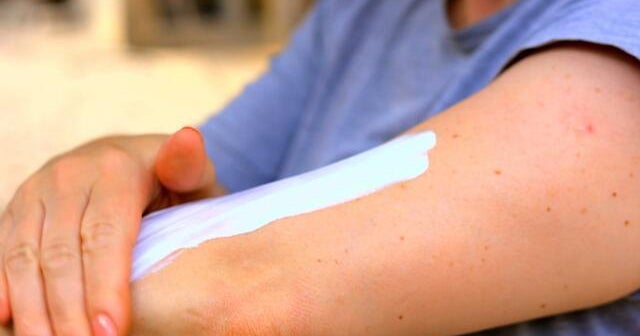Despite increasing awareness of skin cancer and preventive measures, a troubling trend is emerging on social media where influencers share extreme sun habits and anti-sunscreen stances. From promoting excessive tanning to completely shunning sunscreen, these misguided practices are gaining traction online. To address these issues, we consulted a dermatologist to clarify the facts and debunk some of the most dangerous myths circulating on platforms like TikTok.

The Anti-Sunscreen Trend
One of the most alarming trends involves influencers advising their followers to skip sunscreen altogether. For example, TikTok user @will.lamb.1, with over 80,000 followers, declared he won’t wear sunscreen this summer, encouraging others to follow suit. Similarly, reality TV star Kristin Cavallari admitted on a podcast to not using sunscreen, and Twitter user @GubbaHomestead, in a video viewed 1.2 million times, labeled sunscreen as the “enemy.”
Experts strongly disagree with these views. Dr. Alexandra Theriault, a dermatologist with U.S. Dermatology Partners Denver, emphasizes the importance of professional medical advice over influencer opinions. “Platforms like these are really for entertainment, not education,” Dr. Theriault told CBS News. “The best advice comes from a consultation with your dermatologist.”
The Importance of Sun Protection
The American Cancer Society and the American Academy of Dermatology both stress the necessity of wearing broad-spectrum sunscreen with an SPF of 30 or higher daily, even on cloudy days. Sunscreen is vital for protecting skin from harmful UV rays, which can cause skin cancer, the most common form of cancer in the United States, according to the Skin Cancer Foundation.
Contrary to claims on social media, sunscreen ingredients are not the cause of increased skin cancer rates. Dr. Theriault explains that the rise in cases can be attributed to environmental factors like the depletion of the ozone layer and heightened awareness leading to more diagnoses. “There is no increased risk that’s ever been proven with any sunscreen ingredient,” she said.
Myths vs. Facts: Understanding Sunscreen Ingredients
A common theme among these trends is a desire to avoid “chemicals,” driven by misconceptions about chemical sunscreens. It’s important to understand the difference between chemical and mineral sunscreens. Chemical sunscreens absorb UV radiation, while mineral sunscreens act as a physical barrier, deflecting the rays. Despite reports suggesting that ingredients like oxybenzone can remain in the body for weeks, there is no evidence indicating they are harmful.
Another dangerous trend is using household oils, such as olive oil or baby oil, to tan. These oils offer no protection against UV rays and can irritate the skin. Dr. Theriault emphasizes that even without burning, sun exposure can cause significant skin damage, leading to photoaging, sunspots, wrinkles, and an increased risk of skin cancer.

While social media trends can be entertaining, they are not a reliable source of health advice. Proper sun protection, including the use of sunscreen, is essential for preventing skin cancer and other harmful effects of UV exposure. For personalized advice and accurate information, always consult a professional dermatologist.
